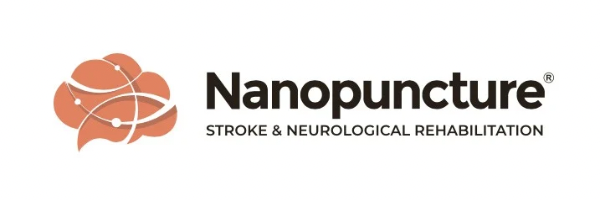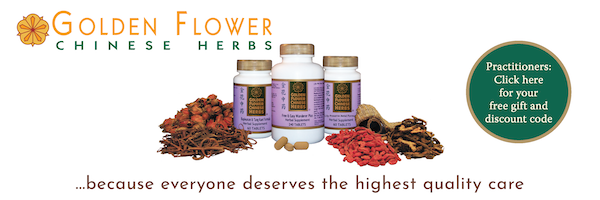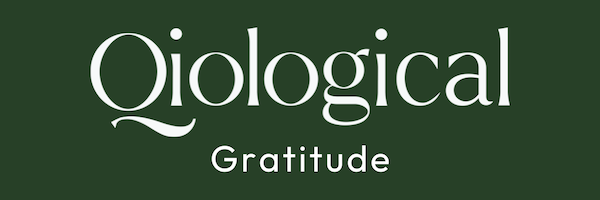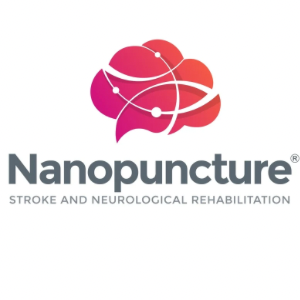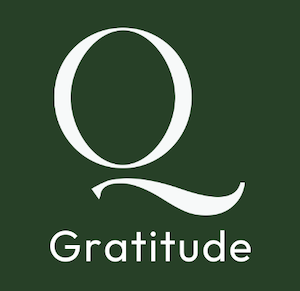Questions are a key aspect of helping us to understand how to help our patients. In school we learn the classic 10 questions. But asking useful questions in the clinic goes far beyond the basic ten. What’s more, our questions are not about creating conversation, but about sifting through a patient’s experience so we can come up with a diagnosis so that we can then craft an effective treatment.
In this conversation with Jason Robertson we touch on how Dr. Wang Ju-Yi would use questions like a great detective. How questions can act like the qi transformations of Open, Pivot and Close. And some questions gleaned from other practitioners that Michael has brought into his practice.
Listen into this discussion of how skillful questioning is an essential part of the treatment process, as we need to first know what we are seeing, and who a patient is, before we can skillfully intervene.
In This Conversation We Discuss:
- The purpose of questions
- Dr Wang’s view of seeing the clinical encounter like a crime scene
- The central importance of and focus of Zheng 證
- Diagnosis is a work in progress , consider it a hypothesis
- Perceiving through the six channels
- The role of 意 yi, our attention
- All treatments include the practitioner
- Asking questions through the eyes of someone else
- Treatment as dialogue
- The Open, Pivot, Close of questioning
- Other practitioners insightful questions
- That empty moment just before you decide what to do
- Protocols take you out of the present
- We need to be able to test our biases
- Consider how people get stuck in the yangming and jueyin channels
- The importance of completion
When asking about sleep, people who wake around 3AM may not always be a Jueyin Liver pattern. Sometimes, waking at this time involves Taiyin Lung qi stagnation patterns not descending toward the Large Intestine. Palpate and compare Liver and Lung channels.
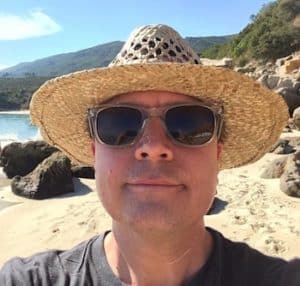 I began studying Chinese when I was 17 after having a great high-school teacher. In college I majored in East Asian studies, eventually spending most of my 20s living and working in Taiwan.
I began studying Chinese when I was 17 after having a great high-school teacher. In college I majored in East Asian studies, eventually spending most of my 20s living and working in Taiwan.
After studying at ACTCM, I went to Chengdu for a year to study herbs then spent two years in my native Kentucky practicing acupuncture. After a few years seeing patients, I realized that I had much more to learn. I had seen Dr. Wang Juyi speak at a weekend seminar in California and, on a whim, I was determined to look him up. With what now looks like a bizarre leap of faith, my wife and I moved to Beijing. I called Dr. Wang on the phone (only after arriving) and he happened to be home.
What thus began in what I thought would be a brief sojourn to collect a few clinical tricks ended up shaping the rest of my life. The approach to Chinese medicine that Dr. Wang embodied was one shaped by the earthy, practical reality of twentieth century China. He strove to come up with ideas that worked while drawing from the maps provided in the classics; to get out of his head and into his hands. He was like me in the sense that he loved to think and found that a hands-on palpation based approach to acupuncture helpfully limited the temptation to devise beautiful and elegant diagnoses and treatments that didn't actually work. Palpation prevents theoretical quicksand. Twenty years later, I'm still finding new things through palpation, learning from other palpation traditions and chipping away at the edges of what I think I can do with Chinese medicine.
Links and Resources
Visit Jason's podcast conversations on Applied Channel Palpation.
Read the fantastic Applied Channel Theory in Chinese Medicine: Wang Ju-Yi's Lectures on Channel Therapeutics

